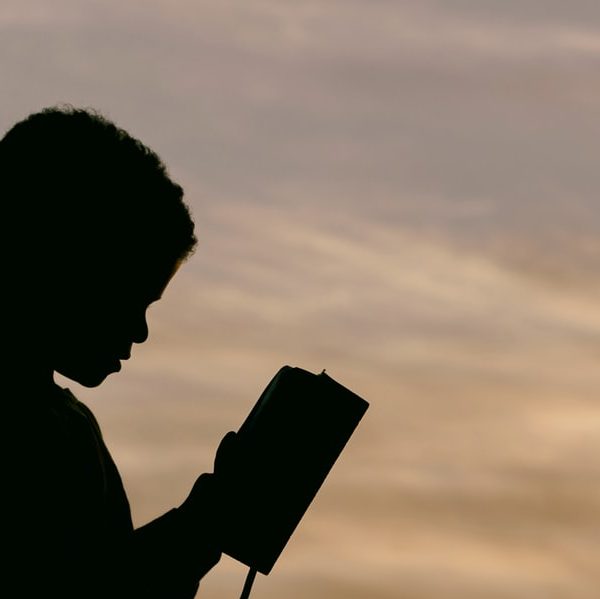Childism Continues
In the past weeks, we covered the deaths associated with a book on childrearing, bringing it into conversation with Childism: Confronting Prejudice Against Children, a new book by psychoanalyst and writer Elisabeth Young-Bruehl. All too sadly, it was not long before we shared the news that Young-Bruehl passed away at the beginning of the month.
 Both the book’s subject and its author stay at the forefront of our minds, as recent news headlines continue to show the necessity of Childism. On Friday, the Associated Press reported on the case of an autistic schoolboy stuffed into a duffel bag; this was a disciplinary action conducted by his teachers. That he was autistic seems irrelevant to his treatment: in Kentucky, where the incident occurred, “there are no laws on using restraint or seclusion in public schools, according to documents on the state Department of Education’s website,” writes Bruce Schreiner for the AP.
Both the book’s subject and its author stay at the forefront of our minds, as recent news headlines continue to show the necessity of Childism. On Friday, the Associated Press reported on the case of an autistic schoolboy stuffed into a duffel bag; this was a disciplinary action conducted by his teachers. That he was autistic seems irrelevant to his treatment: in Kentucky, where the incident occurred, “there are no laws on using restraint or seclusion in public schools, according to documents on the state Department of Education’s website,” writes Bruce Schreiner for the AP.
Engaging deeply rooted ideas in our culture, Childism invites us to look at the societal thinking that allows this structure. In its final chapter, “Education and the End of Childism,” Young-Bruehl writes:
[T]here will always be people and societies that act against the principle Aristotle articulated in his Nicomachean Ethics: “The parent gives the child the greatest gifts, its existence, but also cherishment and education; . . . and because the child receives, it owes the parent honor and helpfulness.” Adults who do relate to children according to the natural principle, provisioning them for healthy growth and development, protecting them, preparing them for participation in family and community life, will never be able completely to change those who behave immaturely and harmfully toward children. But they can influence the conditions that provoke, permit, and even encourage such behavior. And they can work to identify and address the prejudice, childism, that legitimates it.
Who could imagine “disciplinary action” against an adult in this manner, autistic or not? Without debating the typical “cruel and unusual,” we seem to carry out those more imaginative and sadistic punishments on children, both as a reflection of our own insecurities and as an exercise of control in their lives. This is the book written to confront the culturally embedded devolution of the natural relationship between parent and child into identifiable prejudice and abuse, and how we must all work together to improve the welfare of children.



